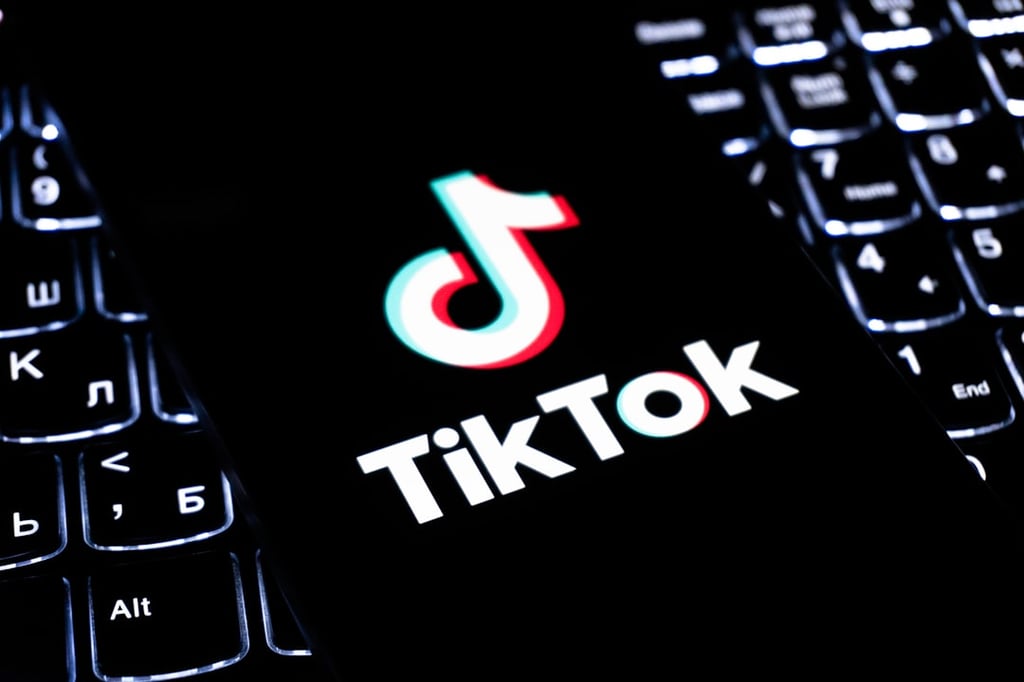Datamation content and product recommendations are
editorially independent. We may make money when you click on links
to our partners.
Learn More
With the proliferation of hot new smartphones such as the iPhone 3GS and Palm Pre comes a dilemma for enterprise IT: employees are insisting on using their favorite mobile devices for business, even if their companies don’t support those devices and can’t secure them.
And yet, most IT staff want to accommodate their fellow employees — not to mention the executives who want these devices.
That’s the key finding in a report out today by Vanson Bourne, a technology market research firm, which surveyed IT decision makers of 300 companies in the U.S. and Europe about issues related to using devices such as the iPhone, Palm Pre and Android on corporate networks.
The report, “The Device Dilemma,” which was commissioned by the mobile management firm Good Technology, reveals that the demand for support for new types of mobile devices in the enterprise is on the rise.
Nearly 80 percent of companies reported an increase in the number of employees wanting to use their own devices in the workplace in the last six to 12 months, says the report. These smartphones include the iPhone, Palm Pre and devices based on Android, Windows Mobile and Symbian mobile operating systems.
Apple’s (NASDAQ: AAPL) iPhone has the most fans, with 82 percent of respondents in the U.S. and U.K. getting requests for iPhone support.
The report comes at a time when Apple, while not courting the enterprise per se, is nibbling away at corporate market share as it rolls out modest improvements in security features with updates to the iPhone OS.
A recent Forrester research report said iPhone 3.0 helps to address many of the security, calendar and functionality concerns that IT formerly had with the iPhone.
Key among these enhancements are the option to require VPN login where needed; fixes to earlier ActiveSync calendar synchronization issues, and added CalDAV support; encrypted device configuration profiles that are prevented from being deleted; and encrypted backup to the desktop through iTunes on PCs and Macs.
“The iPhone has changed the game in the enterprise,” Brian Bogosian, CEO of Good Technology, said in a statement. “IT managers want to give employees the freedom to use the newest, most capable devices, but until now security and manageability challenges have made that problematic.”
Have it your way — with a catch
Despite 28 percent of enterprises polled reporting that they had experienced a data breach because of an unauthorized device, a fair amount of IT staff want to accommodate the desire of their co-workers who want to use their personal handsets for work tasks.
Forty-four percent of respondents — IT decision makers at large companies in the U.S. and U.K. — said they would allow users to choose their own devices if they could be assured of security and standard configuration.
As a result, mobile management companies are pushing out updates to their platforms and services to address the needs of IT staff faced with patchwork wireless device use issues.
Good Technology said today that the company’s Good for Enterprise service will support an expanded set of mobile devices including the Apple iPhone, Palm Pre and multiple Android devices. The existing software already supports Windows Mobile and Symbian handsets.
Good for Enterprise offers enterprise-class e-mail and secure access to behind-the-firewall applications and data, remote wipe capabilities, on-device data encryption and the ability to manage all devices from a single, Web-based management console, according to the company. The updated version is due out next month.
Good Technology isn’t the only mobile management firm with an update available in October. Zenprise recently issued details of MobileManager 5.0, which now includes security and expense management features. Zenprise MobileManager 5.0 supports BlackBerry devices, iPhones, Windows Mobile handsets and the Palm Pre.
“Enterprises have been reluctant to embrace the newest mobile devices because of concerns about security, not to mention the increased management burdens that the new devices would place on already strapped IT departments,” Philippe Winthrop, research director of Strategy Analytics, said in a statement.
“The good news is that, with strong cross-platform mobility management solutions, companies can take a proactive approach to supporting these new devices, meet their security and control needs while significantly increasing employee productivity and reducing costs as a result.”
The Good Technology report mirrors recent data out by research firm Gartner, which says enterprises are increasingly having to deal with a workforce using multiple types of handsets that use different types of operating systems that may or not be sanctioned by mobile IT policy.
In addition to security issues, the lack of mobile standards for enterprise use will result in 80 percent of enterprises overspending on their wireless service costs by an average of 15 percent through 2014, according to the Gartner study.
Article courtesy of InternetNews.com.
-
Ethics and Artificial Intelligence: Driving Greater Equality
FEATURE | By James Maguire,
December 16, 2020
-
AI vs. Machine Learning vs. Deep Learning
FEATURE | By Cynthia Harvey,
December 11, 2020
-
Huawei’s AI Update: Things Are Moving Faster Than We Think
FEATURE | By Rob Enderle,
December 04, 2020
-
Keeping Machine Learning Algorithms Honest in the ‘Ethics-First’ Era
ARTIFICIAL INTELLIGENCE | By Guest Author,
November 18, 2020
-
Key Trends in Chatbots and RPA
FEATURE | By Guest Author,
November 10, 2020
-
Top 10 AIOps Companies
FEATURE | By Samuel Greengard,
November 05, 2020
-
What is Text Analysis?
ARTIFICIAL INTELLIGENCE | By Guest Author,
November 02, 2020
-
How Intel’s Work With Autonomous Cars Could Redefine General Purpose AI
ARTIFICIAL INTELLIGENCE | By Rob Enderle,
October 29, 2020
-
Dell Technologies World: Weaving Together Human And Machine Interaction For AI And Robotics
ARTIFICIAL INTELLIGENCE | By Rob Enderle,
October 23, 2020
-
The Super Moderator, or How IBM Project Debater Could Save Social Media
FEATURE | By Rob Enderle,
October 16, 2020
-
Top 10 Chatbot Platforms
FEATURE | By Cynthia Harvey,
October 07, 2020
-
Finding a Career Path in AI
ARTIFICIAL INTELLIGENCE | By Guest Author,
October 05, 2020
-
CIOs Discuss the Promise of AI and Data Science
FEATURE | By Guest Author,
September 25, 2020
-
Microsoft Is Building An AI Product That Could Predict The Future
FEATURE | By Rob Enderle,
September 25, 2020
-
Top 10 Machine Learning Companies 2021
FEATURE | By Cynthia Harvey,
September 22, 2020
-
NVIDIA and ARM: Massively Changing The AI Landscape
ARTIFICIAL INTELLIGENCE | By Rob Enderle,
September 18, 2020
-
Continuous Intelligence: Expert Discussion [Video and Podcast]
ARTIFICIAL INTELLIGENCE | By James Maguire,
September 14, 2020
-
Artificial Intelligence: Governance and Ethics [Video]
ARTIFICIAL INTELLIGENCE | By James Maguire,
September 13, 2020
-
IBM Watson At The US Open: Showcasing The Power Of A Mature Enterprise-Class AI
FEATURE | By Rob Enderle,
September 11, 2020
-
Artificial Intelligence: Perception vs. Reality
FEATURE | By James Maguire,
September 09, 2020
SEE ALL
ARTICLES







